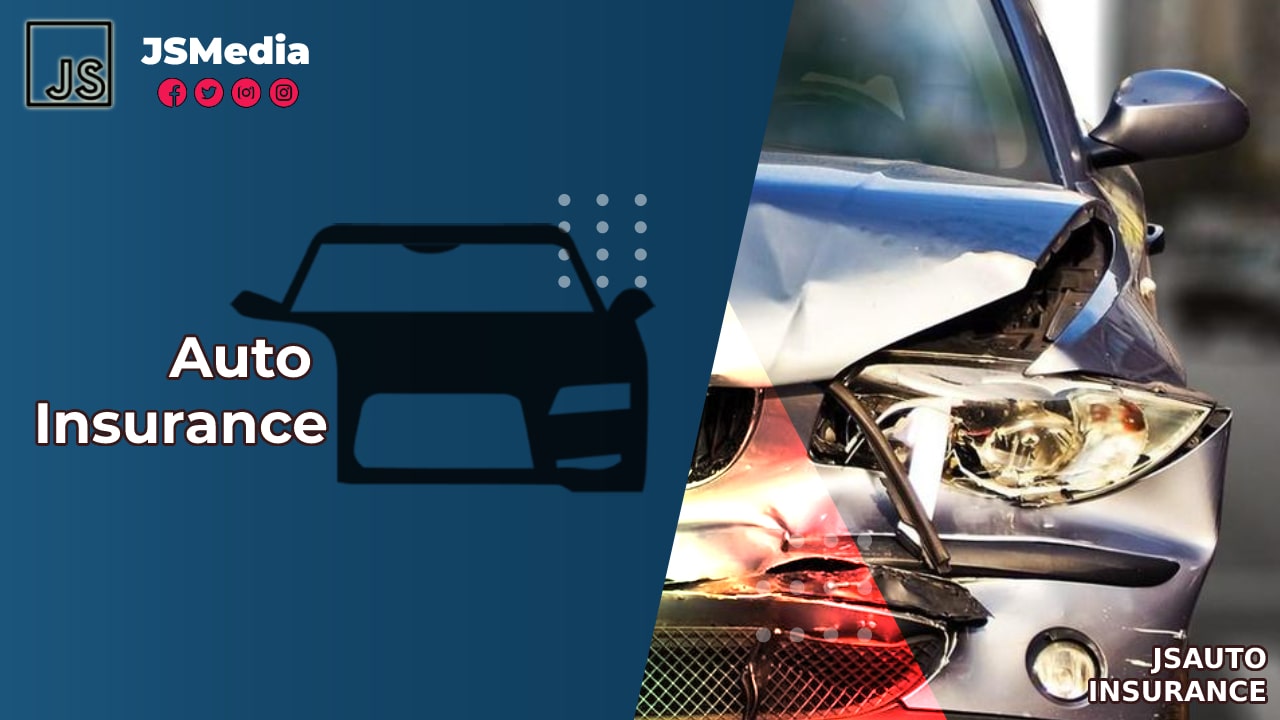If you have been involved in a car accident, liability coverage will cover any expenses you incur. These costs can include repairs to your own car or to another person’s car, as well as the cost of repairing or replacing a damaged vehicle. However, it is important to remember that you should never lie to your insurance provider. Even if you have no criminal record, your insurer may reject your claim if you try to lie.
Liability coverage is mandatory in almost all states. It helps drivers meet financial-responsibility laws and reduce their insurance premiums. In addition, the minimum liability limits are fairly modest: twenty- to thirty-thousand-dollars for bodily injury to one individual and $50,000 for all people injured in the same accident. Typically, this is not enough coverage for most drivers, and it is possible to get more than the state minimum. This is known as liability coverage, and it is what most insurance companies refer to when they refer to it as liability coverage.
Auto Insurance Liability Coverage: What You Need to Know
This coverage is often referred to as gap coverage. It is designed to compensate the other party’s damages when the insured vehicle hits or overturns. However, it is important to note that liability coverage only covers the damages incurred by another driver. In some cases, the policy will allow partial recovery if the other driver was partly at fault. The claimant’s negligence is compared to that of the other party. In this case, the percentage of your own negligence is deducted from the claimant’s overall recovery.
Property damage liability coverage pays for damages you cause to another person’s property. It also provides legal defense. You can use this coverage in the event of an accident. The limit of this coverage depends on your state’s laws and your policy. If the other driver is at fault, the policy will reimburse the other driver for the costs of renting a car. It will also cover any medical expenses your car sustains. The more you know about your insurance, the better.
Auto insurance liability coverage is required in most states. It is mandatory in all but New Hampshire. The coverage limits are 50/100/50, which is the minimum requirement for auto insurance in that state. It is also important to understand that the minimum requirements for liability are inadequate for a minor accident. Hence, it is important to make sure that you have enough coverage. If you are at fault for a car accident, your liability coverage will cover your medical expenses.
It is important to have auto insurance liability coverage to protect yourself in the event of an accident. Your policy will pay for the damages caused by the other driver. In most states, this is the minimum required by law. You can save money by shopping around and comparing quotes. The best way to find a policy that meets your needs is to compare multiple quotes from several companies. When shopping for auto insurance, local companies are generally more competitive, so you’ll have a better chance of finding a lower rate with them.
Auto insurance liability coverage provides money for property damage and bodily injuries. A lien can be a legal interest in the property of another person. The policy limits are important because they are the basis of your auto insurance. If you want to avoid paying too much for your coverage, you should select a smaller deductible. Then, look for a policy that offers you the right combination of coverage and low premiums. It is not enough to have a low deductible. It must be able to pay for damages in the event of an accident.
In addition to liability coverage, you should also consider purchasing additional insurance policies. For instance, you may not need a comprehensive policy if you only have liability insurance. Your car insurance liability coverage should cover the damages you cause to other people and their property. This will also pay for any medical costs that you incur if another driver is injured in an accident. Then, you’ll have peace of mind knowing you’re covered. This is a good start to your car insurance policy.

